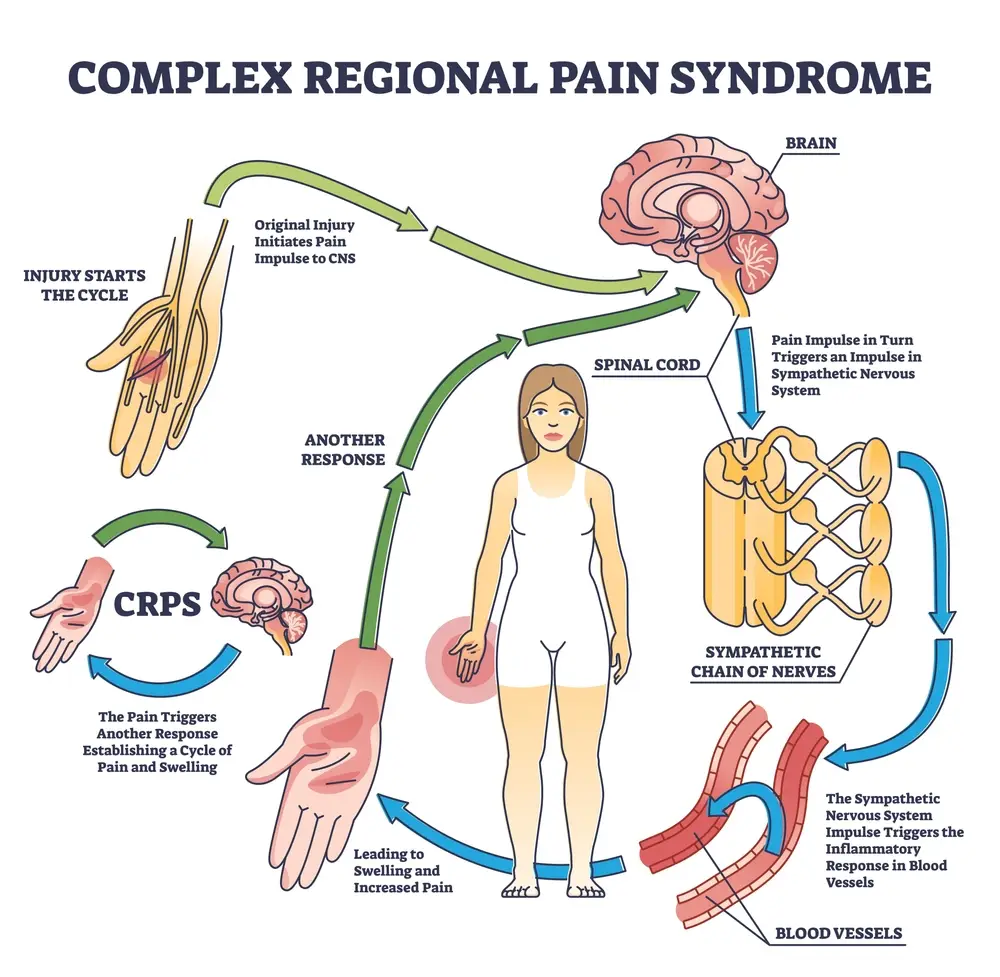
Understanding the Benefits of Marijuana for People with CRPS (Complex Regional Pain Syndrome Type II)
Finding relief can be difficult and daunting for people with chronic pain. Luckily, there is an increasing number of treatment options available. One option is medical marijuana (MMJ). It has been used successfully to treat conditions like CRPS Complex Regional Pain Syndrome (CRPS) Type II. In this blog post, we’ll look at how marijuana can help alleviate the symptoms of CRPS and other chronic pain conditions.
What Is CRPS?
CRPS (Complex Regional Pain Syndrome) is a chronic pain syndrome that affects the nerves in one or more body extremities. It usually affects one limb and can cause severe burning sensations, swelling, stiffness, and hypersensitivity, to touch. The exact cause of CRPS is unknown, but it’s believed to be related to nerve damage or abnormal nerve signaling.
There are two types of CRPS: Type I (reflex sympathetic dystrophy) and Type II (causalgia).
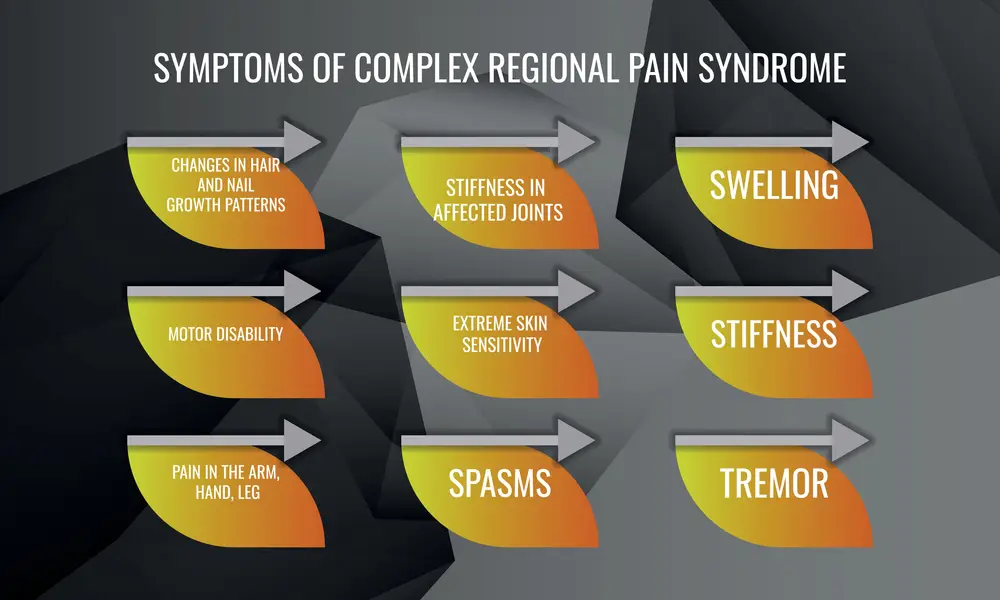
Symptoms of CRPS
- Persistent burning or throbbing pain. (frequently in an arm, leg, hand, or foot
- Cold or touch sensitivity
- Extensive pain after contact
- Swelling where experiencing the pain
- Skin temperature changes (can often change between sweaty and cold)
- Skin color changes (maybe white and blotchy, red or blue
- Skin texture changes (tender, thin or shiny by the affected area)
- Hair and nail growth changes
- Stiff joints and swelling
- Muscle spasms, tremors, and weakness (atrophy)
- Decreased mobility of body parts affected
- Excess bone growth or wasting away
- Decrease in muscle strength
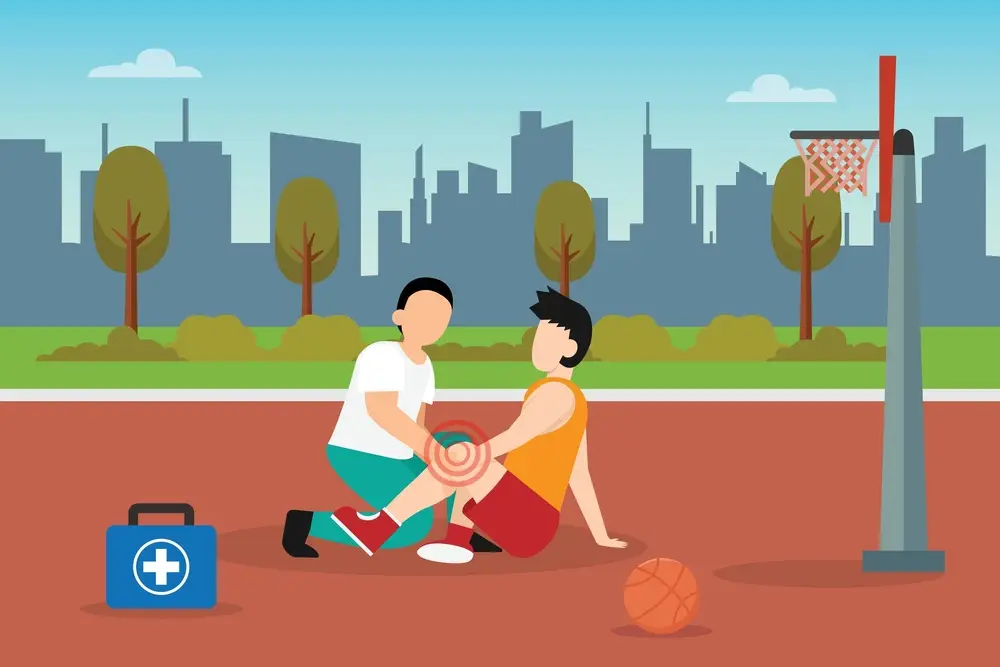
Most Common Causes of CRPS
- Piercing of a sensory nerve
- Immobile limbs
- Damaged nerves from burns or cuts
- Sprains/strains (connective tissues ruptures)
- Surgery that causes nerve injury
- Fractures
- Poor circulation
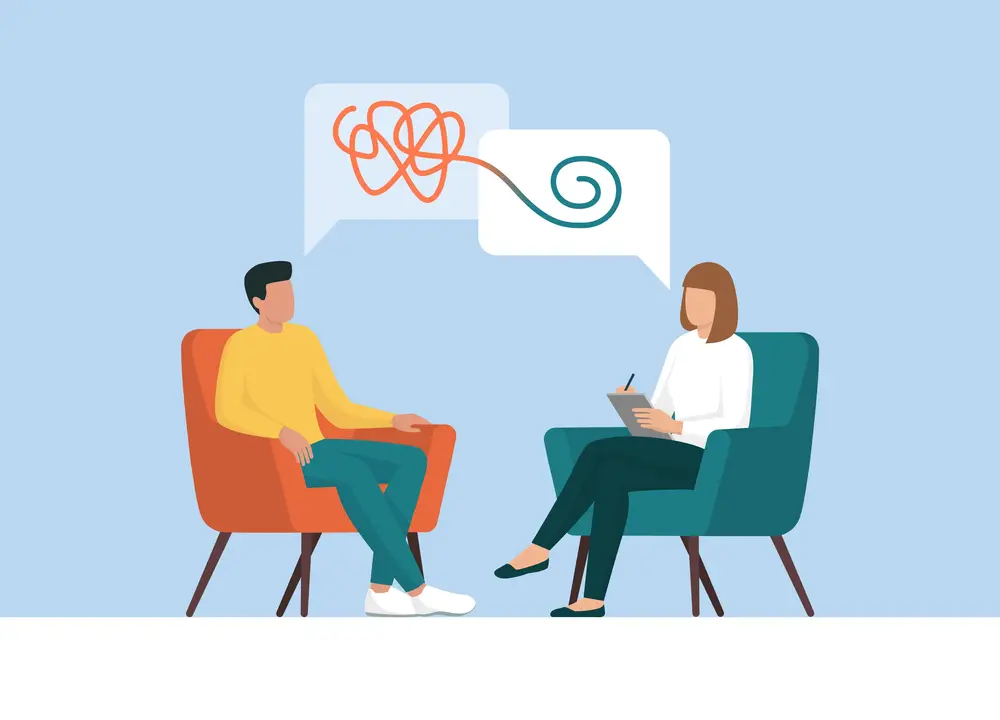
Common CRPS Treatments
- Rehabilitation and physical therapy- (most essential treatment for CRPS). Rehab is an essential treatment for those experiencing CRPS or other forms of chronic pain. Movement increases blood flow and preserves strength, flexibility, and function. Not only can it keep physical problems under control, but it also helps counter any secondary changes in the brain or spinal cord due to disuse. Finding new ways of staying active promotes a healthier lifestyle that helps people return to everyday activities like work!
- Psychotherapy- CRPS often brings an unfortunate combination of physical and psychological pain that may result in depression, anxiety, and even PTSD. With effective psychotherapy, patients can experience relief from their suffering while also engaging in meaningful recovery.
- Graded motor imagery- By teaching individuals how to recognize left and right painful body parts while they use their imagination, we can provide a non-harmful form of communication between the brain and body that helps reverse CRPS. Through this innovative method, our minds have found a systematic way to promote healing.
Medications- Early treatment attention can be key to improving symptoms for those with Complex Regional Pain Syndrome (CRPS). Numerous medications have been found beneficial in CRPS cases, even though the FDA has not approved any drugs specifically for this condition.
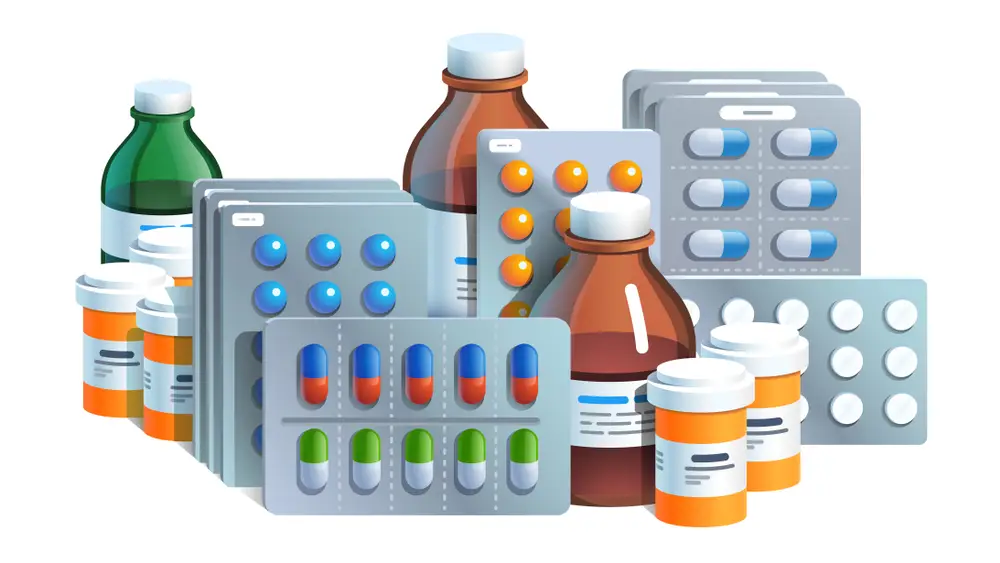
Common Drugs Used To Treat CRPS
- Acetaminophen
- Non-steroidal anti-inflammatory drugs (NSAIDS) (Nortriptyline, gabapentin pregabalin, Duloxetine, Amitriptyline)
- Topical local anesthetic ointments, sprays, or creams containing lidocaine and patches like fentanyl.
- Bisphosphonates
- Corticosteroids (prednisolone and methylprednisolone)
- Botulinum toxin (BOTOX)
- Opioids (oxycodone, morphine, hydrocodone, and fentanyl)
- N-methyl-D-aspartate (NMDA) receptor antagonists (dextromethorphan and ketamine)
Alternative and Holistic CRPS Treatments
- Medical Marijuana
- Spinal cord stimulation
- Neural or nerve stimulation.
- Transcranial Magnetic Stimulation (TMS)
- Spinal-fluid drug pumps
- Ketamine
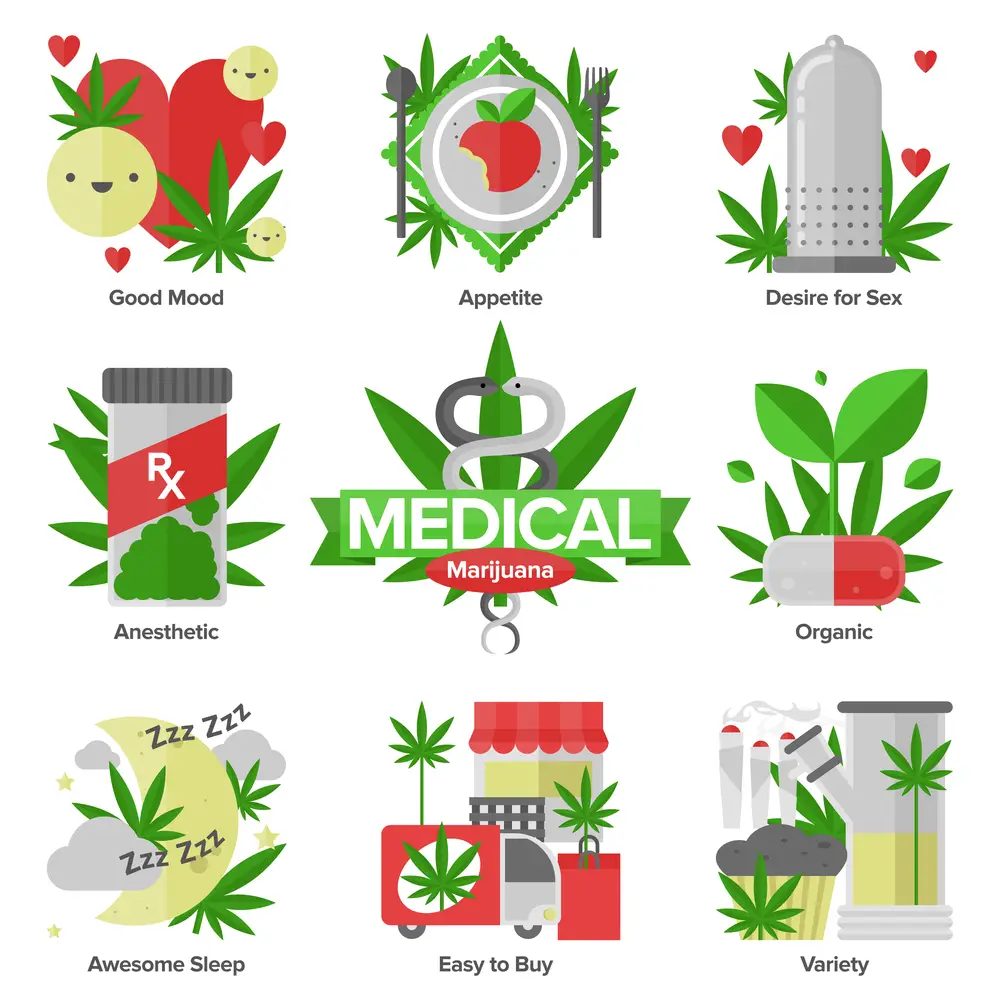
How Can Marijuana Help?
Marijuana has been found to be effective in treating various chronic pain conditions, including CRPS. The active ingredients in marijuana are known as cannabinoids, and they have powerful anti-inflammatory effects, which can help reduce inflammation caused by nerve damage in people with CRPS. Additionally, marijuana also contains compounds called terpenes which have shown promise in reducing pain associated with nerve damage. In addition to its anti-inflammatory effects, marijuana may help reduce anxiety associated with chronic pain conditions like CRPS by calming the nervous system. It helps people relax and cope better with their condition daily.
Cannabis Research for CRPS
In a study of patients with neuropathic pain, 22 of the 38 participants had a diagnosis of CRPS. Participants experienced a significant reduction in pain after smoking marijuana cigarettes.
It’s important to note that not all forms of marijuana are created equal when treating medical conditions like CRPS. Different strains have different levels of active compounds that may affect how effectively they relieve symptoms. It’s best to consult your doctor before trying any form of medical marijuana, as they can advise you on what strain may be best for your condition. Additionally, it’s important to remember that while medical marijuana may relieve some symptoms associated with CRPS or other chronic pain conditions, it should not be used as a substitute for traditional treatments prescribed by doctors or healthcare professionals.
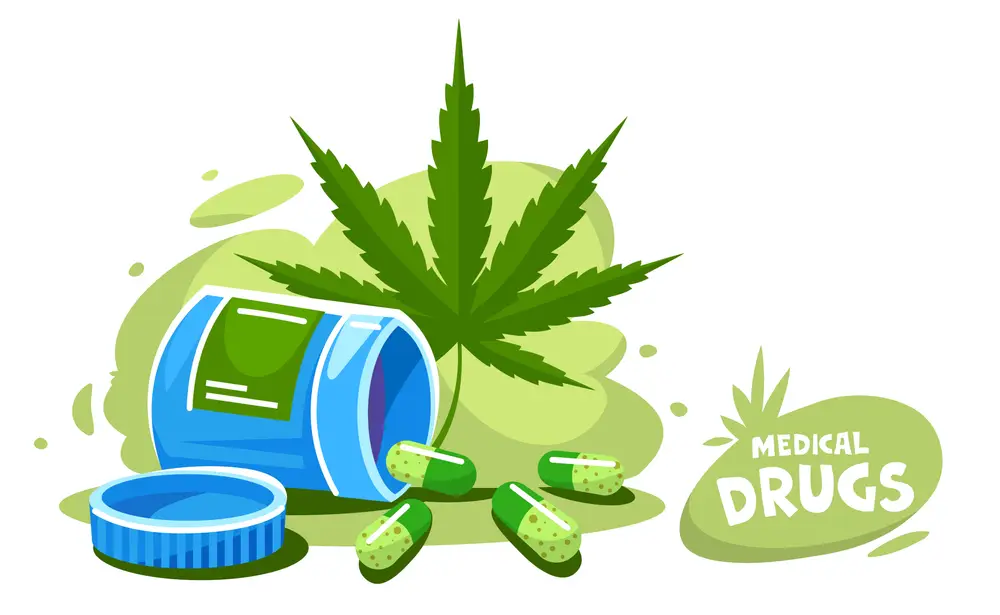
In conclusion, research suggests that medical marijuana could relieve some symptoms associated with complex regional pain syndrome Type II (CRPS). However, it’s important to remember that medical marijuana should only be used under the advice of your doctor or healthcare professional;
Additionally, medical marijuana should not be used as a substitute for traditional treatments prescribed by doctors or healthcare professionals without their guidance. With proper guidance and advice from your doctor or healthcare professional, however, medical marijuana could offer much-needed relief from symptoms associated with complex regional pain syndrome Type II (CRPS).
Article Reviewed by

Richard Koffler, MD
NPI Number 1467557264
- Dr. Koffler is a Physiatrist, specializing in Physical Medicine & Rehabilitation.
- Graduated from the Sackler School of Medicine at Tel Aviv University in 1993 Dr. Koffler completed a one-year internship in internal medicine at Roosevelt Hospital in New York City.
- Residency in Physical Medicine and Rehabilitation at the Rusk Institute at NYU Medical Center in New York City. Board certified in 1998.
- Trained in acupuncture at Helms Medical Institute at UCLA His medical practice incorporates proven conventional western medicine integrating eastern alternative practices.
- Medical Director of several medical clinics in NYC, Stamford CT, and Miami Beach, FL.

